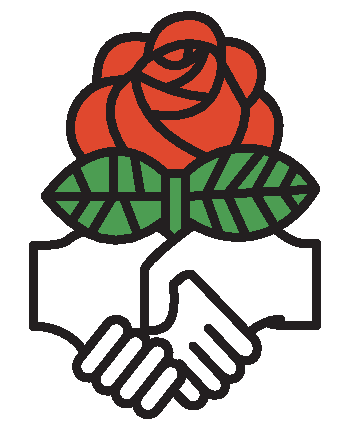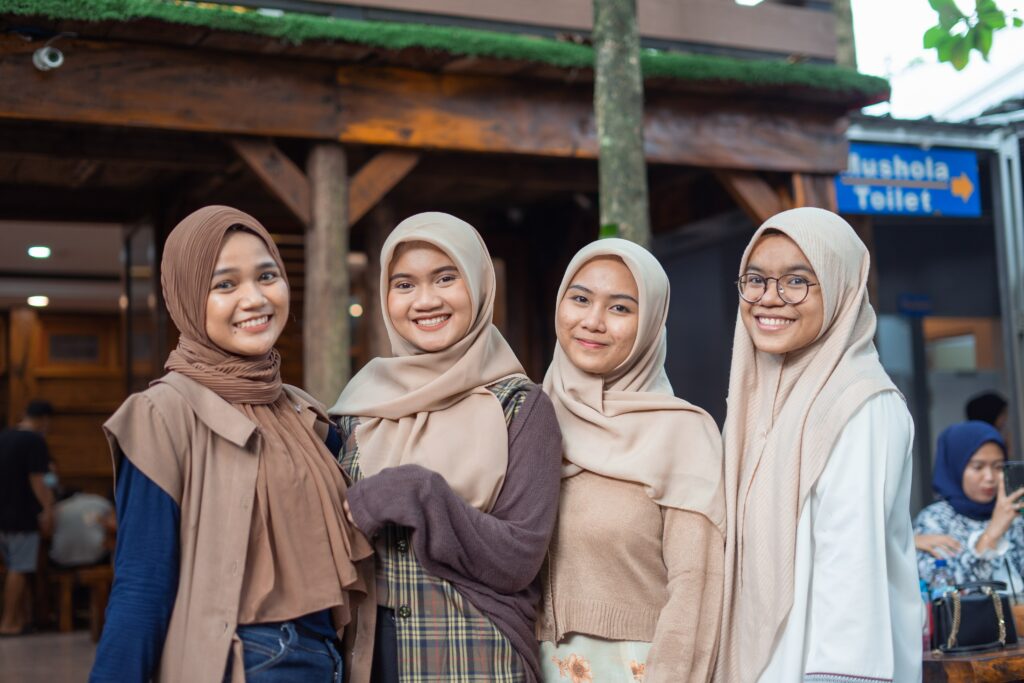The United Nations Security Council Resolution 1325 on Women, Peace and Security – implementation and evaluation with a particular focus on the Middle East
Paris, France, 12 and 13 November 2010
Resolution
The UN Security Council Resolution 1325 on Women Peace and Security sets the political and legal framework and grants the importance of the participation of women in peace negotiations and operations, the protection of women and girls from sexual and gender-based violence and the prevention of violence against them through the promotion of women’s rights.
The Socialist International Women has been contributing to this fight for women’s rights through the application of universal human rights. For over 100 years, the Socialist International Women has been fighting for equal rights between the two genders, it has stood up for women all around the world, and it has strived to implement international women’s humanitarian rules and to achieve democracy, an “equal democracy”.
Ten years after the UN Security Council Resolution 1325 on Women Peace and Security nothing has essentially changed. There is no implementation of the UN Resolution. Women do not participate in the peace process negotiations. There have been enormous steps and sustainable attempts which have proven to be insufficient. In reality, the Security Council has failed to sustain peace and protection of women globally and in the region of the Middle East. It is a vital need to include women in decision making concerning politics if we are to speak for real democracy and the mainstreaming of gender perspectives in peace operations.
The consequences are indeed visible in the area of Palestine and Israel. One area of extreme controversy which is the first that could be enjoying now the implementation of the protection of women’s human rights. One area that has been affected for decades by occupation, wars and sufferings and where the notion of women-at-the-wheel of negotiations could have taken a primary role and could have probably prevented many crises. This is an area that still counts 43 years of an infinite ongoing struggle, with no results.
The viability of a peaceful resolution depends on more than just signing a peace agreement, it should also depend on a strong dedication to assure human security and sustainable peace with the full and equal participation of all sectors of society.
There has to be responses addressed to the incapability of the leaders, of the countries and of all those who do not follow the international fundamental rules of human rights and the international law.
Specific actions are to be taken in order to protect against the violation of rights of women, especially in the area of the Middle East as it is necessary for the Palestinian-Israeli conflict to be resolved.
The Socialist International Women therefore urges all forces involved, in particular the governments that are lead by socialist and progressive forces, and all member parties of the Socialist International to:
limit the total disregard of international legality by countries which do not respect and promote the international rules concerning the protection of women’s human and political rights in all phases of the conflict until the full withdrawal of all foreign interventions;
join all forces available including the UN, the Quartet, governments, NGOs, institutions, parties and other organisations that may be concerned in order to support our fight in the resolution;
maintain ties with the International Women’s Commission for a Just and Sustainable Israeli-Palestinian Peace (IWC) along with Palestinian, Israeli and international women and keep on fighting for justice and peace;
monitor the EU as a more influential role of the UN Security Council Resolution 1325 on Women Peace and Security;
track, monitor and verify the continuous actions by all members involved and the fulfilling of their responsibilities;
implement the formal recognition of the Palestinian State (borders of 4 June 1967) by the UN, as well as include Palestine as their full member in the organisation;
recognise that women can create an effective dialogue, as Israeli and Palestinian women managed what all the leaders that have come and gone could not deliver and
reinforce the hope so women and societies worldwide can keep-up the work for peace, accountability and law enforcement.

